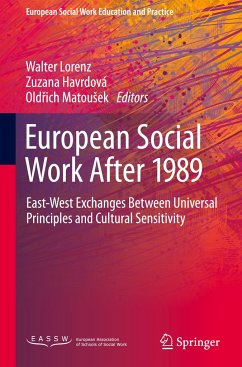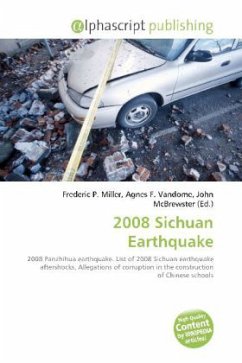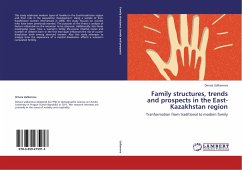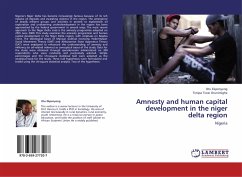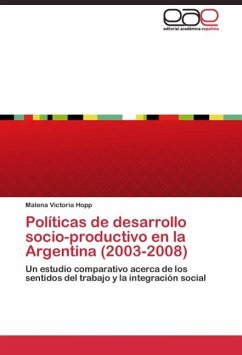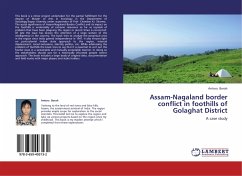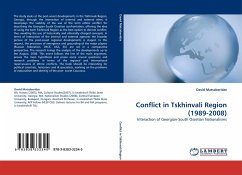
Conflict in Tskhinvali Region (1989-2008)
Interaction of Georgian-South Ossetian Nationalisms
Versandkostenfrei!
Versandfertig in 6-10 Tagen
32,99 €
inkl. MwSt.

PAYBACK Punkte
16 °P sammeln!
The study looks at the post-soviet developments in the Tskhinvali Region, Georgia, through the interaction of internal and external elites. It downplays the viability of the use of the term ethnic conflict for describing the Georgian-South Ossetian confrontation, offering the idea of using the term Tskhinvali Region as the best option to denote conflict, thus avoiding the use of historically and ethnically charged concepts. In terms of interaction of the internal and external agencies the broader picture of the post-soviet regional developments is staged. In this respect, the processes of emer...
The study looks at the post-soviet developments in the Tskhinvali Region, Georgia, through the interaction of internal and external elites. It downplays the viability of the use of the term ethnic conflict for describing the Georgian-South Ossetian confrontation, offering the idea of using the term Tskhinvali Region as the best option to denote conflict, thus avoiding the use of historically and ethnically charged concepts. In terms of interaction of the internal and external agencies the broader picture of the post-soviet regional developments is staged. In this respect, the processes of emergence and grounding of the major players (Russian Federation, OSCE, USA, EU) are set in a comparative perspective. The research brings the analysis of the developments up to the August, 2008. This event follows the line of the main argument, proves the main hypothesis and poses some crucial questions and research problems in terms of the regional and international repercussions of ethnic conflicts. The book should be interesting for political scientists, historians and IR specialists, working on the problems of nationalism and identity of the post- soviet Caucasus.





